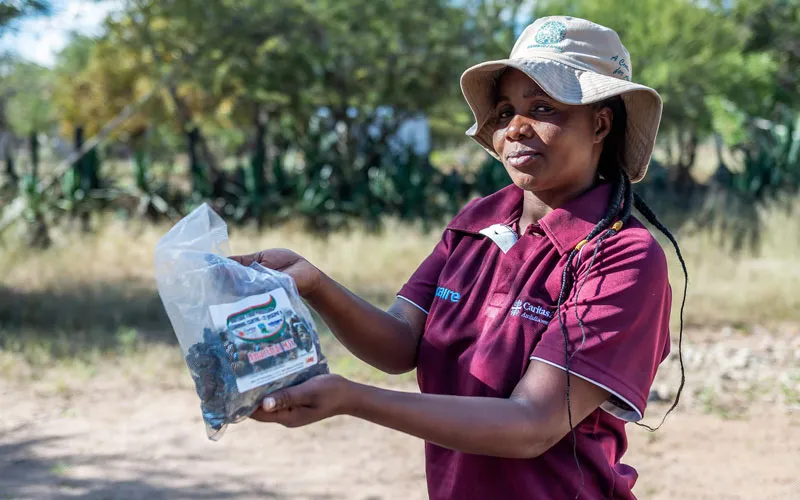Bulawayo, 24 August, 2022 / 9:00 pm (ACI Africa).
Personnel of the overseas development agency of Ireland, Trόcaire, are in Zimbabwe to help address the “looming crisis” of food shortage in the country’s Bidi village in the region of Bulawayo, the leadership of the Catholic entity has reported.
In a Tuesday, August 23 report, officials of Trόcaire say that formers in Bulawayo region that is hot and arid risk losing “75% of their harvest this year, meaning critical food shortages for these communities in the coming months.”
“The next months will be extremely challenging for people here. We have various long-term projects in place which will help mitigate the effects of this looming crisis in the communities where we work and will hopefully mean families can get through this worrying period,” Trόcaire’s program manager in Zimbabwe, Yvonne Muto, is quoted as saying.
The report indicates that “Trόcaire is on the ground in Zimbabwe working with local partners to try to ensure that people have supports in place to get them over the crucial period.”
“Most of the people in the region depend on rain-fed agriculture to feed their families. It’s coming to the end of the rainy season and unfortunately the rains have again failed,” Trόcaire officials say.








